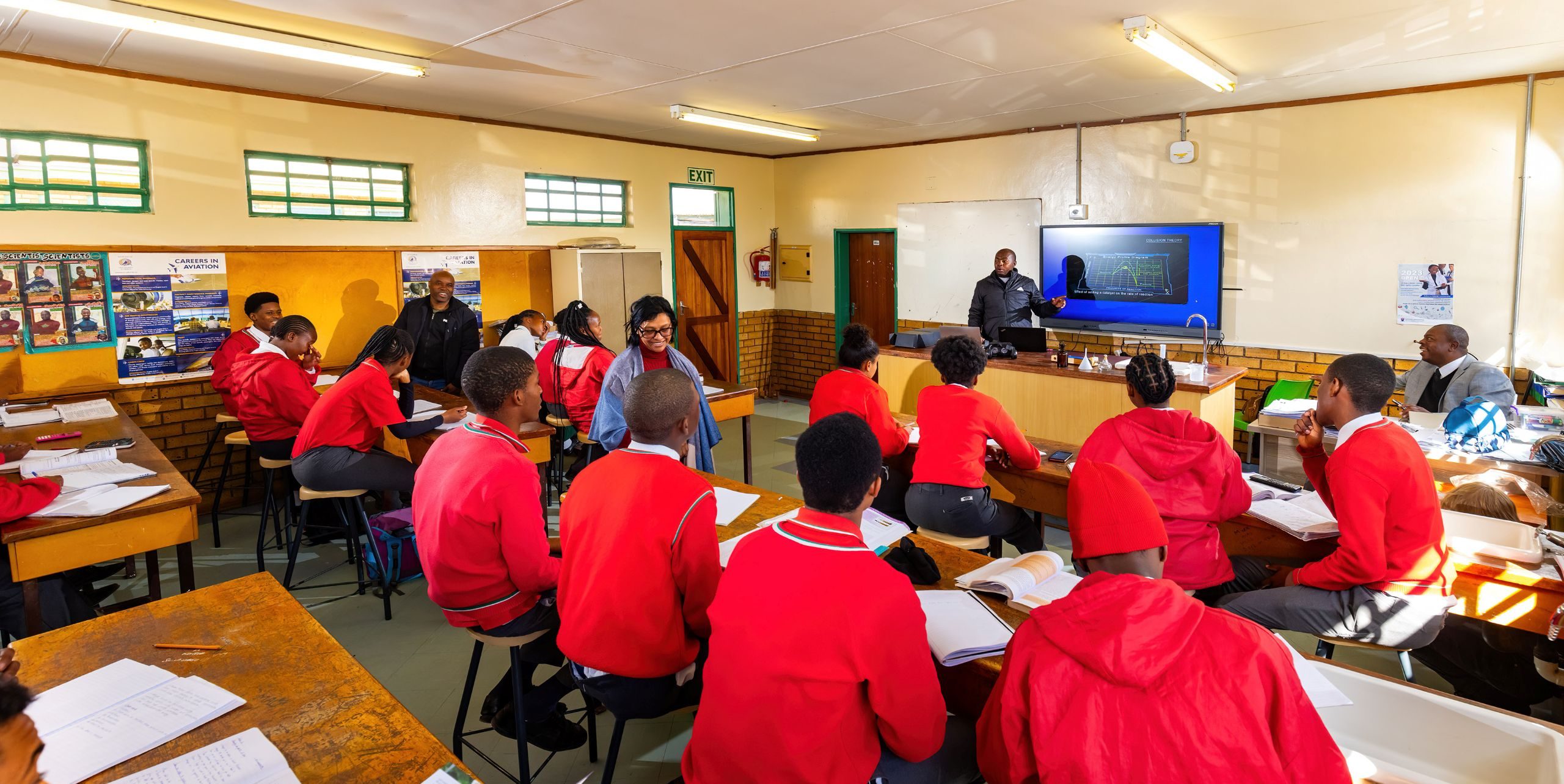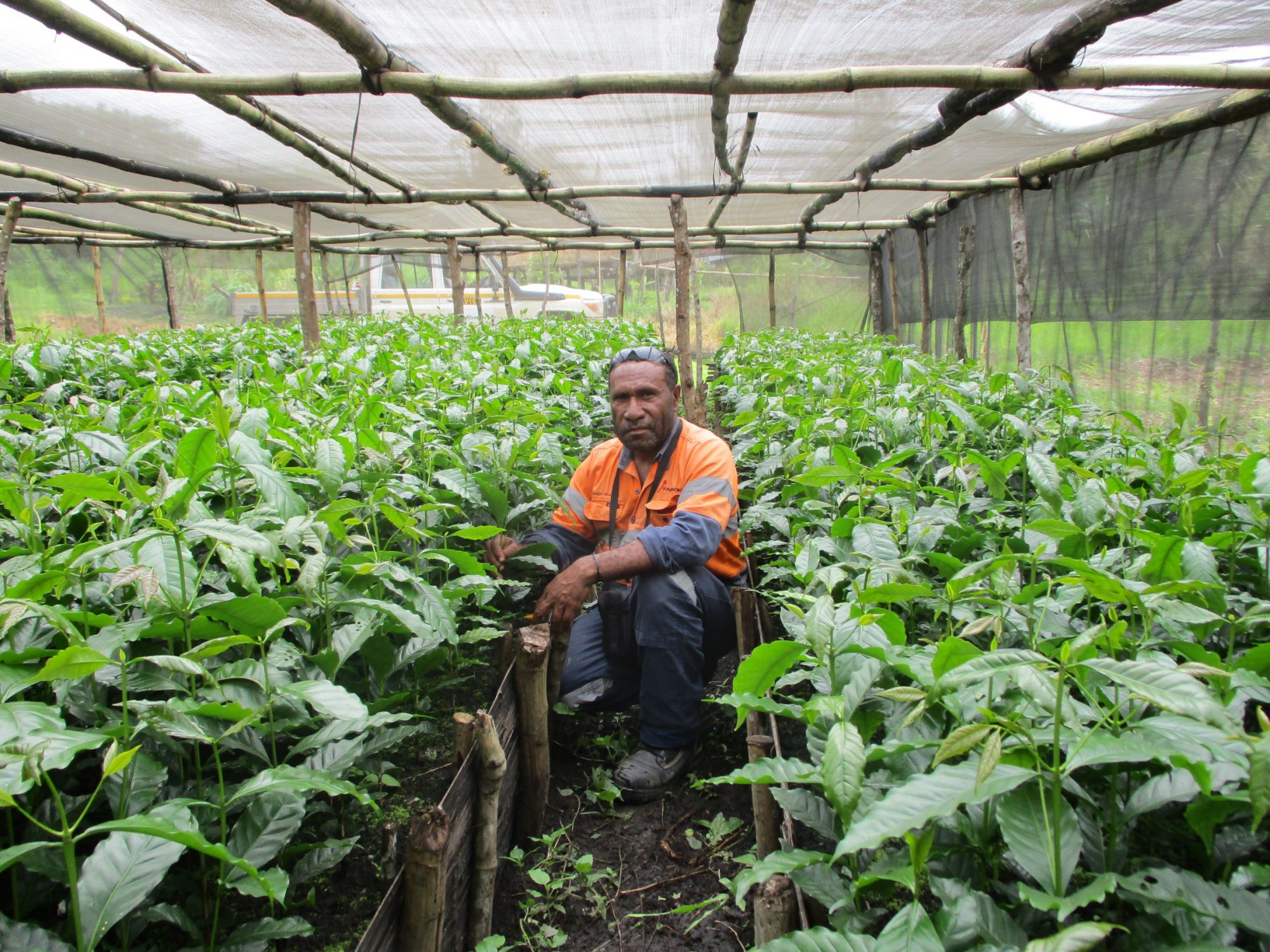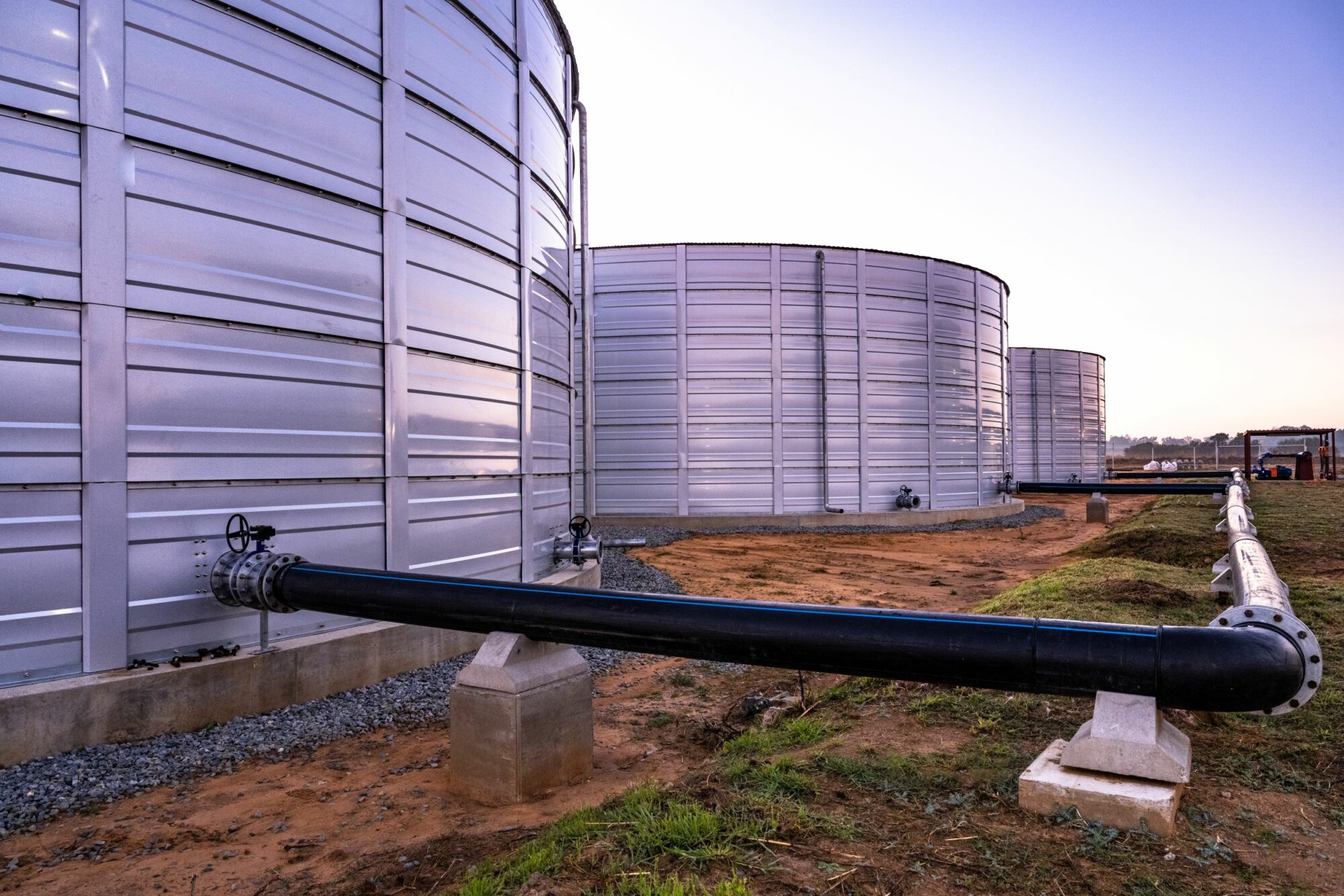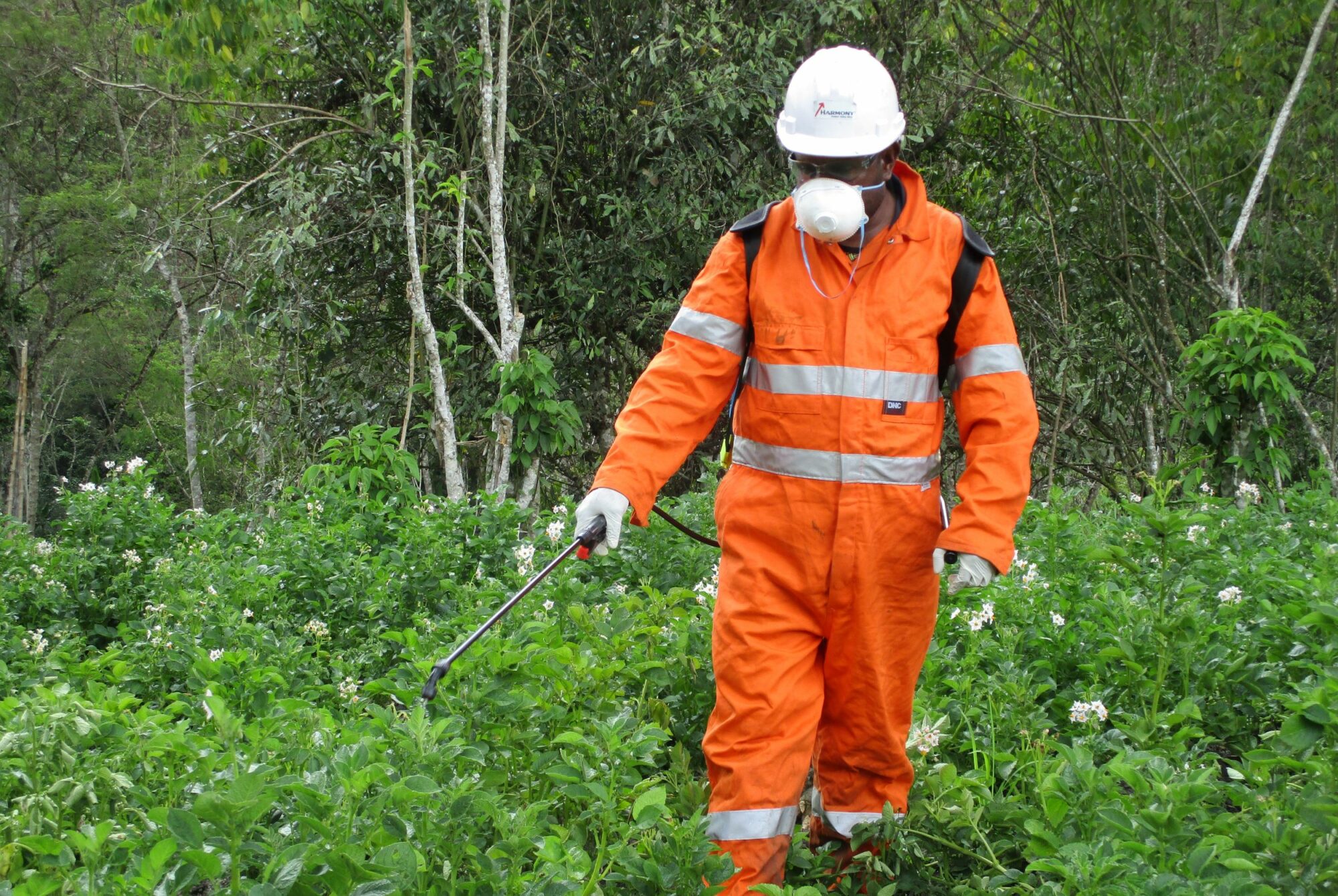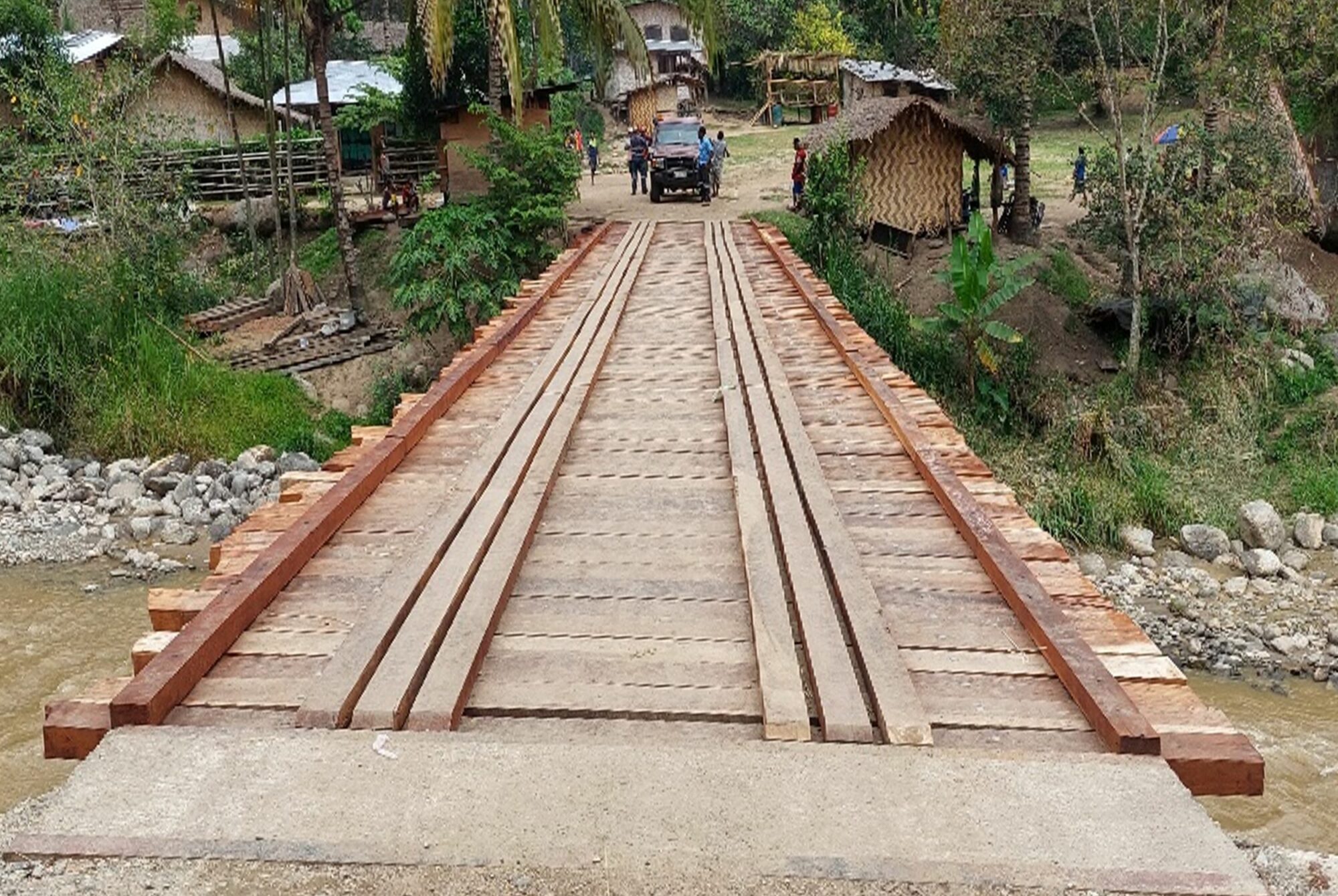We aim to provide benefits and opportunities to our host communities by honouring our regulatory and agreement-based commitments and implementing voluntary CSI initiatives. Through these initiatives, we contribute to the needs of our host communities and their long-term resilience, while supporting our host countries’ economies and progress on the 17 UN SDGs
Governance and oversight
Our sustainability framework is grounded in the principle of creating shared value through community initiatives, partnerships and responsible procurement. The framework is supported by a range of policies, including stakeholder engagement, corporate social investment, socio-economic transformation and our Australasia social performance policy.
As Harmony expands into new regions, we will adapt and evolve our programmes to meet local needs, while maintaining the essence of our values.
In South Africa, we submit annual SLP (Social and Labour Plan) and Mining Charter III reports to the DMPR. In Papua New Guinea, we update government stakeholders quarterly on our community development progress and report on the programmes delivered as part of our annual mining lease reporting. We routinely track our progress and periodically conduct internal and external assurance reviews of our commitment delivery.
Harmony assigns responsibility for community development to various management structures with oversight from the social and ethics committee. These include:
- Steering committees comprising executives and senior management who oversee the delivery of our SLP and agreement-based commitments
- SLP community of practice tasked with monitoring the implementation of all SLP element commitments, managing risks associated with non-compliance, and opportunity identification
- Trust governance structures applicable to the Harmony Community Trust and the Hidden Valley Mine Trust
- Social lease arrangements involving the rental of mine-owned land and properties to government and NPOs at below market rates, managed under the oversight of the group executive committee.
Related policies
FY25 performance
Contributions to host countries’ GDP
R54.7bn
community development spend
R271m
Total community grievances
120
Number of stakeholder engagements
2 492
Lives impacted through beyond-compliance initiatives
33 360
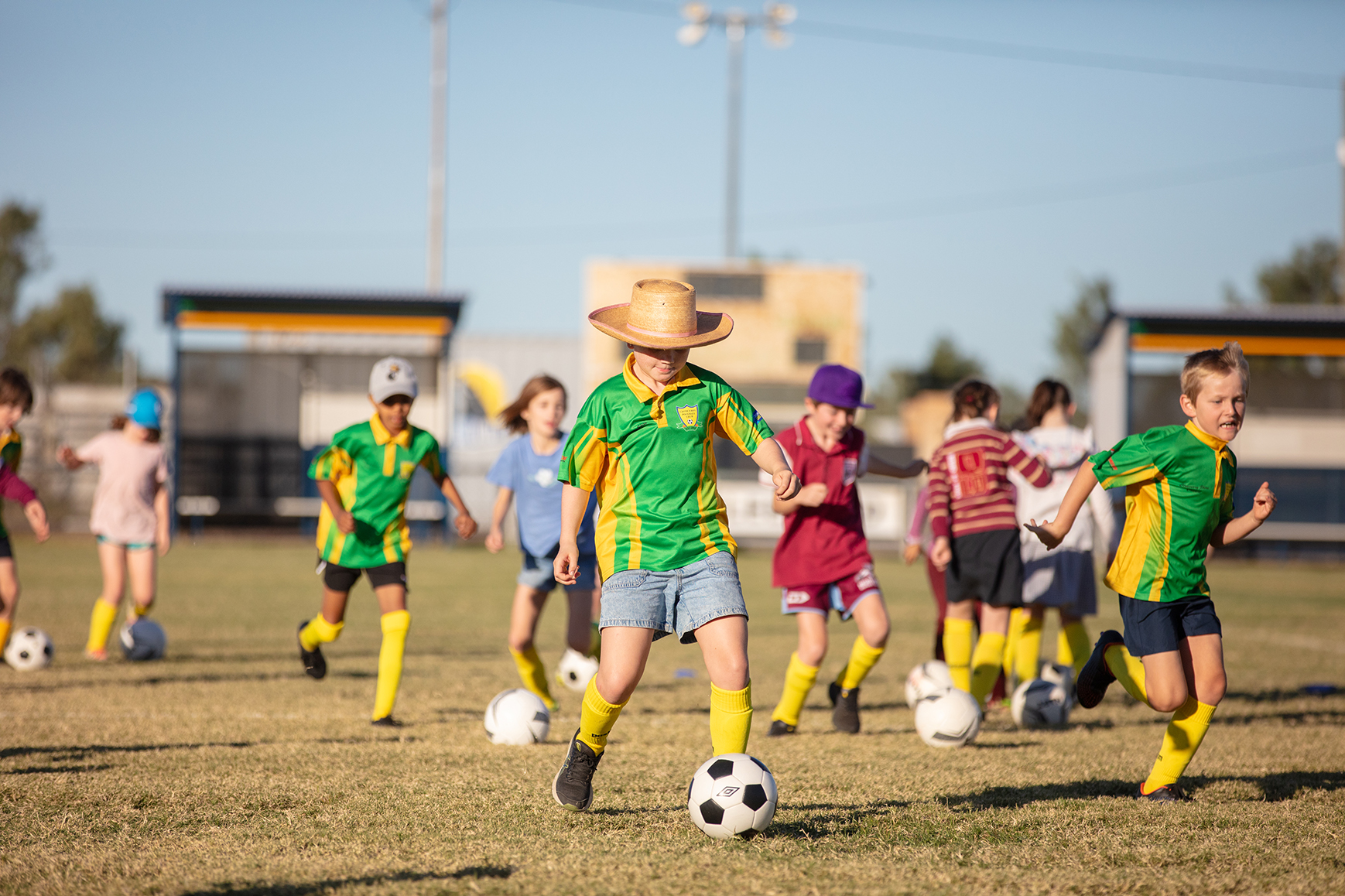
Our strategy: Creating shared value and building resilient communities
Our community development initiatives support us in maintaining our licence to operate and fostering positive relationships with our host communities. They help prepare communities for the eventual closure of mining operations by building skills, economic opportunities and diversification away from mining. We also engage with host communities through procurement. The success of these initiatives depends on ongoing engagement and a commitment to respecting the culture and heritage of the communities in which we operate.
Delivering our SLP commitments
In South Africa, our investments through SLP commitments focus on agriculture, water infrastructure, SMME and youth skills development for sustainable social change. Broad-based stakeholder engagement enables us to better understand and address the legitimate needs and expectations of our host communities as we implement our fourth generation SLPs (1 January 2023 to 31 December 2027).
aGRICULTURE
R5m
smmeS AND YOUTH
R24m
Infrastructure
R17m
Science, technology, engineering and math
R6m
Download SLPs
Fulfilling our benefit-sharing and other mining-related agreement commitments
We have mining-related agreements at asset level that include socio-economic development commitments. In Papua New Guinea, we deliver our Hidden Valley MoA commitments, which encompass local employment and business opportunities, royalty payments to the government and landowners, a community programme and infrastructure delivery. We also facilitate the delivery of community-endorsed projects funded by the Hidden Valley Mine Trust, which was established by our benefit-sharing agreement. Our initiatives focus on agriculture, women’s skills and entrepreneurship, and projects that promote livelihoods and economic diversification during operations and in preparation for eventual mine closure. We also support infrastructure that helps bolster local law enforcement and fosters safer environments for our host communities.
In Australia, our native title agreement commitments with the Kalkadoon people include engagement, cultural heritage protection and employment, training and business opportunities. Revenue-linked payments that support business, education, training and other community benefit initiatives, will also commence once Eva Copper is operational.
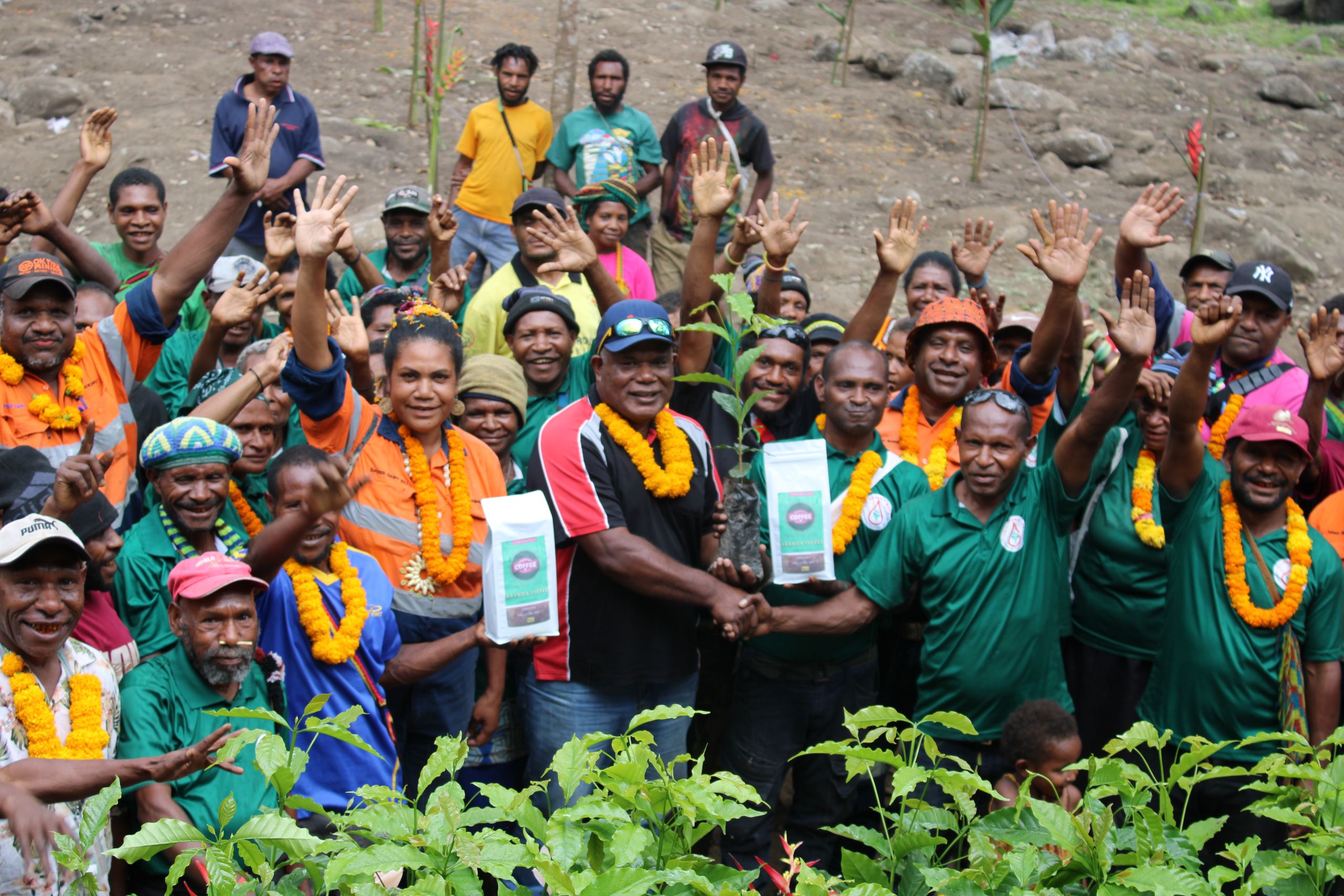
Building a sustainable future in Papua New Guinea
Over the past 20 years, we have invested billions of kinas into Papua New Guinea. This investment reflects our belief in the country’s future and our deep respect for its people.
Developing communities beyond compliance through impactful voluntary CSI initiatives
Our voluntary CSI initiatives target immediate challenges facing our host communities, such as poverty, unemployment and inequality, while also supporting local economic development and community inclusiveness during operations and for community resilience beyond life-of-mine. We implement CSI initiatives through long-standing partnerships with government, NPOs, civil society and Harmony community engagement structures.
Collaboration and partnerships
We value and respect stakeholder input in community development projects with host communities. We collaborate with stakeholders including SMME suppliers, governments, regulators, traditional authorities, community leaders and NPOs when executing our CSI initiatives and delivering on our commitments.
Explore related Case studies
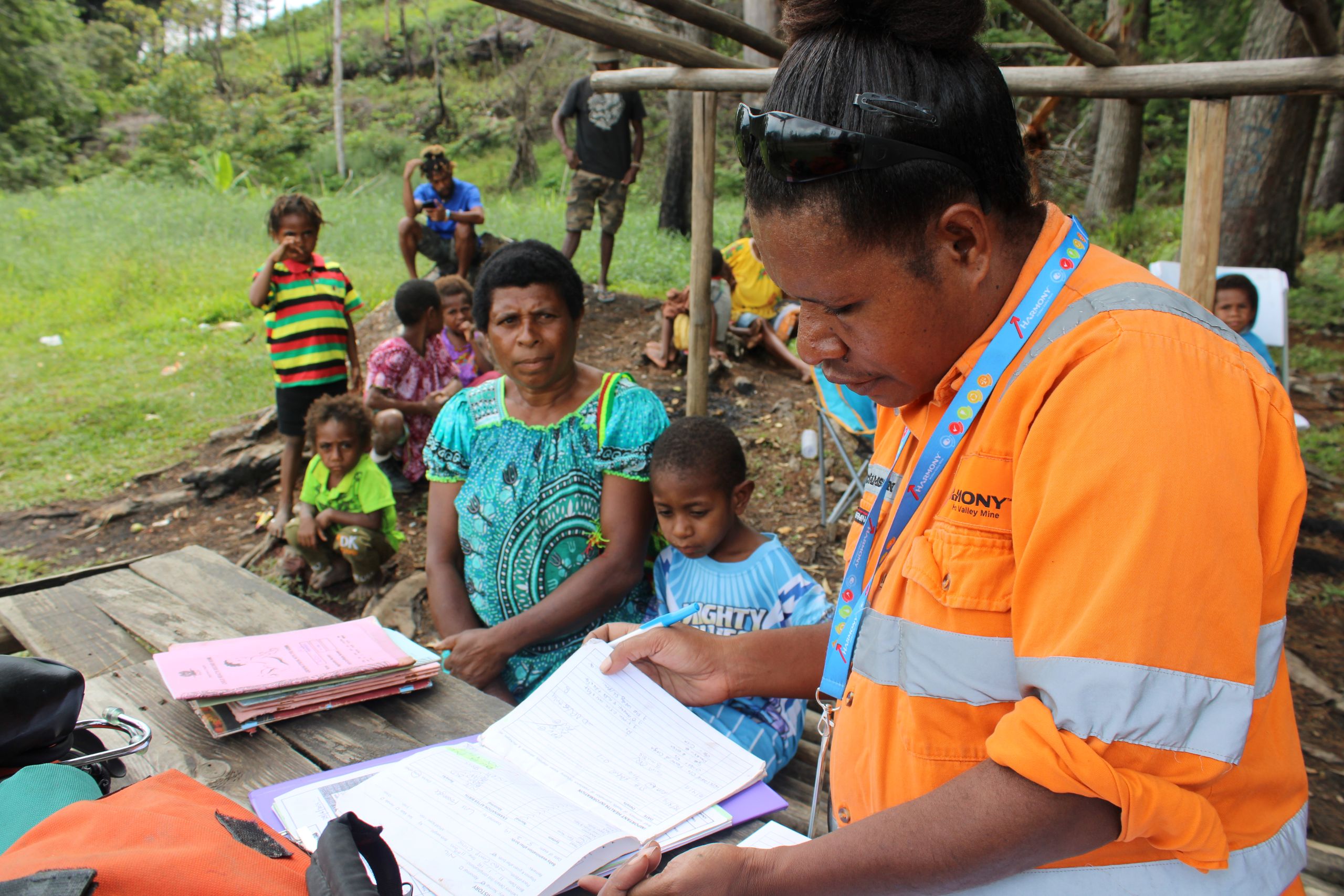
Further information
Additional performance-related discussions and data may be found in these publications.
